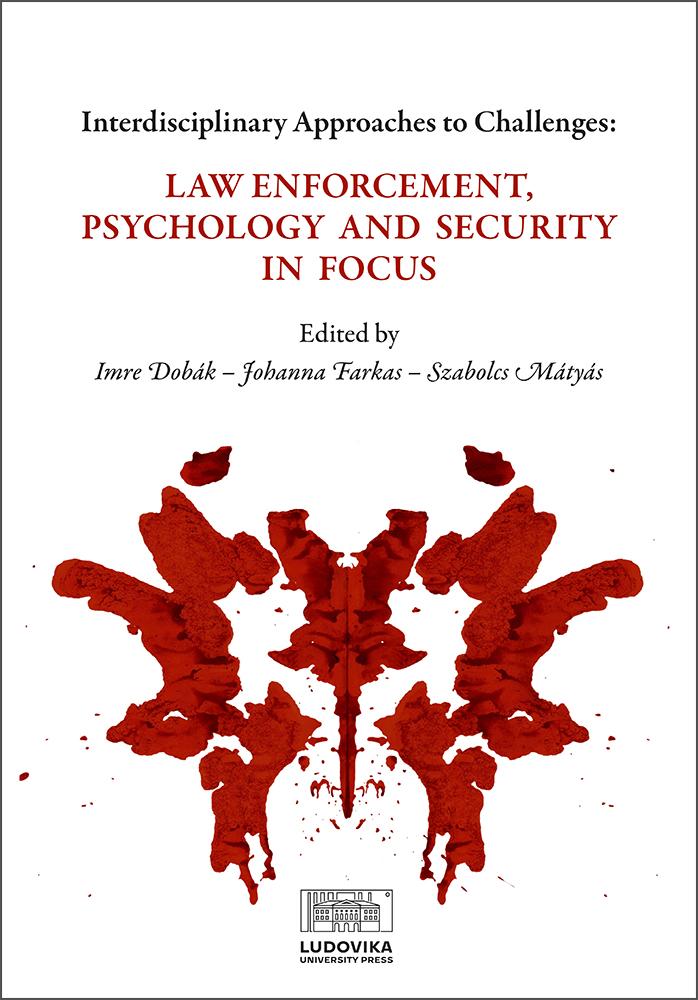Is There Satisfaction Beyond Pleasure? Motivational, Demographic and Sexual Functioning Predictors of Life Satisfaction in Self-Perceived Sex Addiction
Absztrakt
There is a lack of studies on the life satisfaction of persons with sex addiction, although outcomes of sexual addiction and problematic online sexual activity (e.g. problematic pornography use) have been documented to influence a wide range of variables associated with sexual well-being, sexual health and overall well-being of individuals. Using a correlational, non-experimental design, the present study targeted the motivational (self-determination theory) and sexuality predictors of life satisfaction in a sample of 229 adults (age M = 26, SD = 10.09) with self-perceived sex addiction from Hungary and Romania. The design was elaborated based on Self-Determination Theory (SDT). Results obtained based on the multiple linear regression analysis indicated that selfdetermination, demographic variables (i.e. educational level and marital status), as well as sexuality related characteristics accounted for a significant percentage in the variation of life satisfaction of individuals with self-perceived sex addiction. Our study revealed that experiencing more self-determined motivations, having a higher educational degree, being married and having an increased sexual desire predicts a higher life satisfaction for this specific population. This effect was consistent throughout the sample, regardless of the self-reported biological sex of participants. Theoretical aspects and practical implications for educational and mental health programs are discussed.
Letöltések
Oldalak
Megjelenés
Kategóriák
License

This work is licensed under a Creative Commons Attribution-NonCommercial-NoDerivatives 4.0 International License.


.svg)
